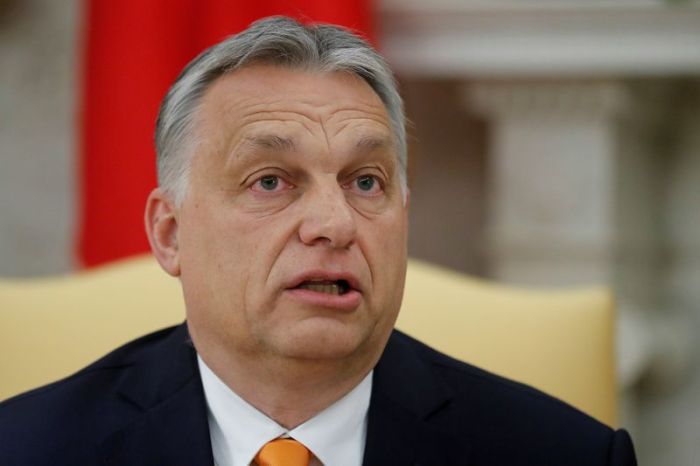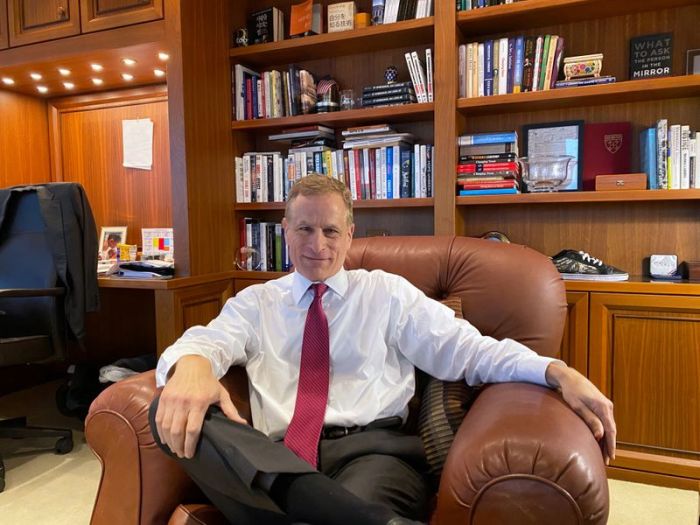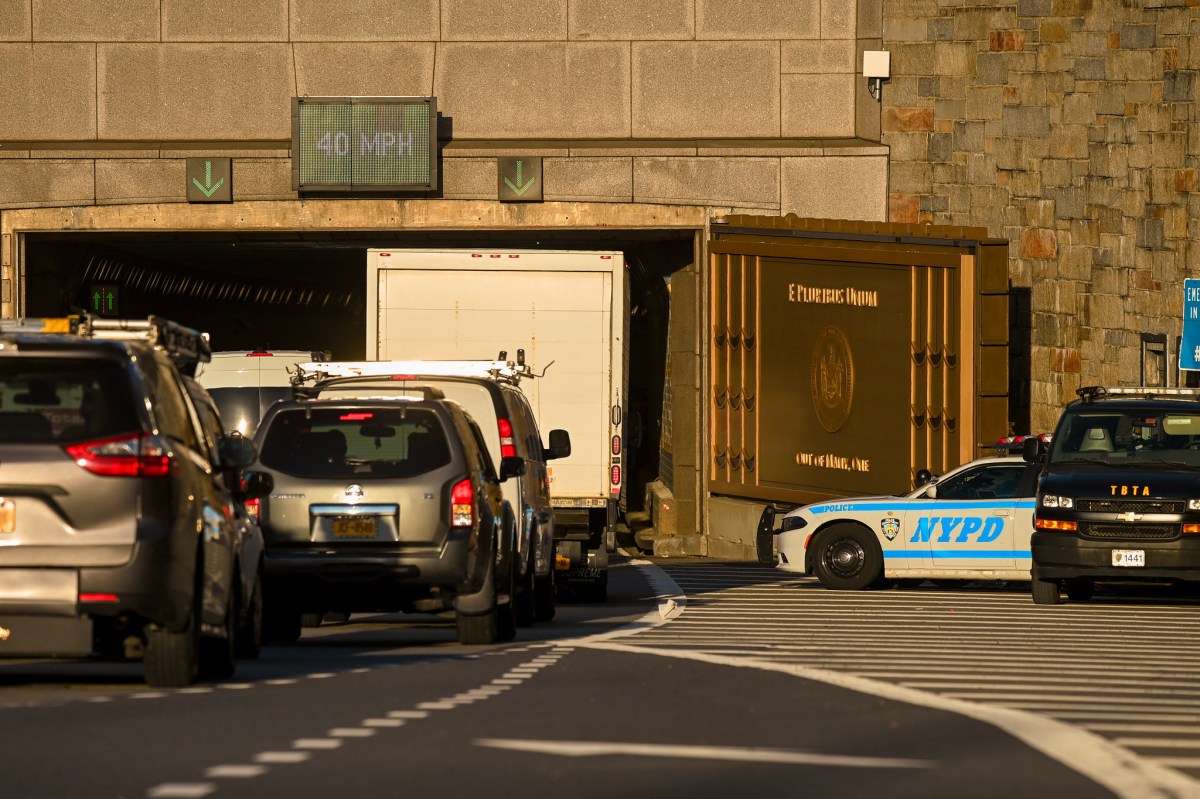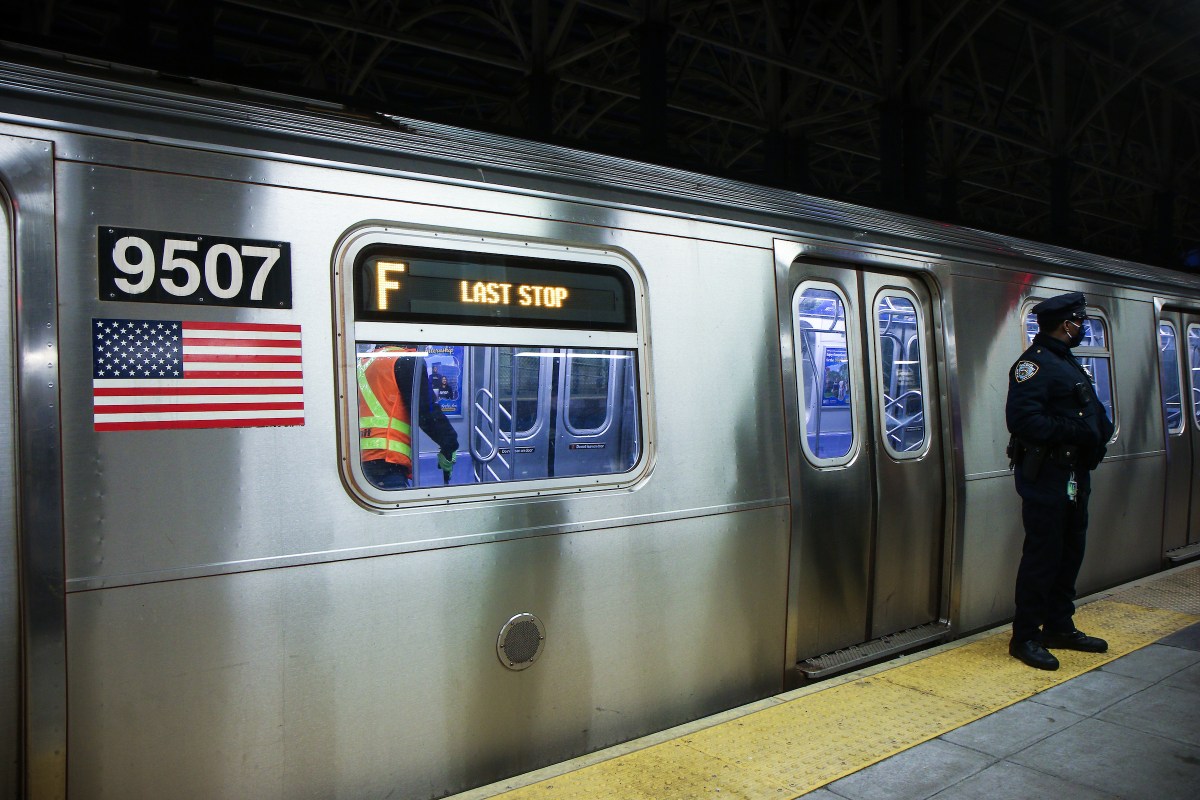TAIPEI (Reuters) – The cabinet-level head of the U.S. Environmental Protection Agency, Andrew Wheeler, will visit Taiwan, the island’s premier said on Friday, in what will be the third visit by a senior U.S. official since August, drawing anger from Beijing.
China, which claims democratically-run Taiwan as its own territory, reacted with fury when the U.S. Health Secretary Alex Azar came to Taipei in August, followed by U.S. Undersecretary of State Keith Krach in September, sending fighter jets near the island each time.
The Trump administration has ramped up support for Taiwan, including with new arms sales, alarming China.
Taiwan Premier Su Tseng-chang told reporters Taiwan-U.S. interactions had been increasing.
“At the invitation of Foreign Minister Joseph Wu, the head of the U.S. Environmental Protection Agency will come to Taiwan, to have bilateral discussions on international cooperation on environmental protection issues,” Su said.
The trip will “be further beneficial to the relationship between the two countries”, Su added.
Taiwan’s Foreign Ministry said Wu had extended the invite to Wheeler last year, and that it would announce details at an “appropriate time”.
In Beijing, a foreign ministry spokesman said China opposed any official exchanges between the United States and Taiwan, and urged Washington to fully recognise the sensitivity of the Taiwan issue.
“China will make a legitimate and necessary response in accordance with how the situation develops,” Zhao Lijian told a daily news briefing, without elaborating.
The EPA did not immediately respond to a request for comment. The New York Times reported that Wheeler’s three-day trip was scheduled for the week of Dec. 5.
The paper quoted James Hewitt, a spokesman for Wheeler, as saying the agency was still working through logistics but that Wheeler was invited to Taiwan “to collaborate on issues including the Save our Seas initiative and marine litter, air quality, and children’s health”.
Former President Barack Obama’s then-EPA chief Gina McCarthy visited Taiwan in 2014.
While Trump, a Republican, is a popular figure in Taiwan, the government has moved to allay concerns the incoming administration of President-elect Joe Biden, a Democrat, will not be as supportive.
Taiwanese officials have pointed out that support for Taiwan is bipartisan in the United States, and last week Taiwan’s de facto ambassador in Washington spoke by telephone with Antony Blinken, a longtime confidant of Biden’s.
(Reporting by Jeanny Kao and Yimou Lee; Additional reporting by Yew Lun Tian in Beijing and David Brunnstrom in Washington; Writing by Ben Blanchard; Editing by Christian Schmollinger and Lincoln Feast.)






















